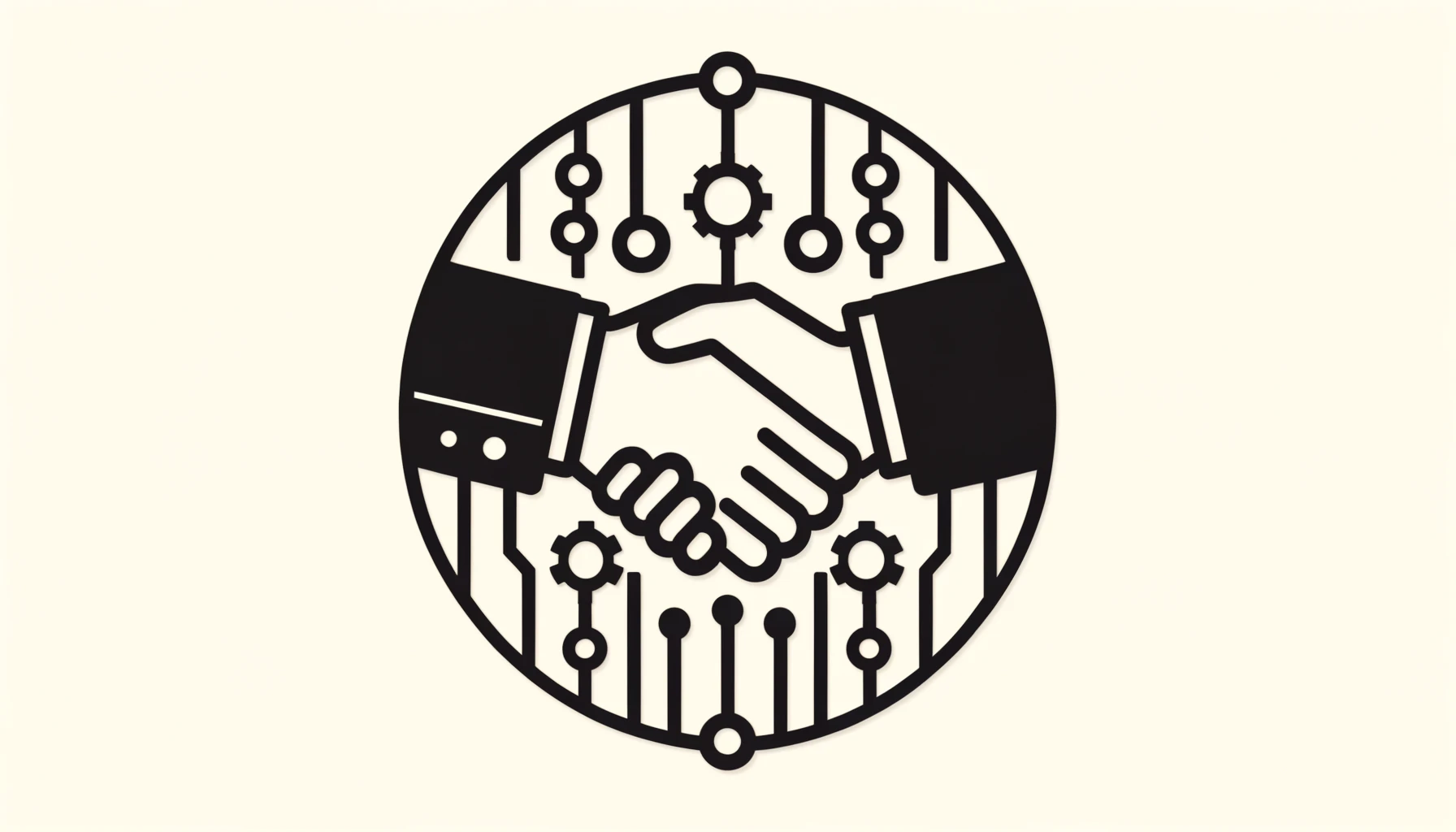A Pivotal Gathering in Seoul
In a landmark event held on May 21, 2024, in Seoul, South Korea, world leaders and executives from top technology firms came together to address the pressing issue of artificial intelligence (AI) safety. This summit, a collaborative effort among government officials, industry giants, and AI researchers, emphasized the critical need for robust frameworks to ensure the ethical and safe development of AI technologies.
Key attendees included South Korean President Yoon Suk-yeol, US President Joe Biden, and representatives from leading companies like Google, Microsoft, and Samsung. The primary focus was on establishing international guidelines and fostering cooperation to mitigate potential risks associated with AI advancements.
Context and Background: The Growing Importance of AI Safety
As AI technology continues to evolve at an unprecedented pace, concerns about its potential misuse and unintended consequences have grown. Issues such as data privacy, algorithmic bias, and the impact on employment have prompted global discussions on the need for ethical AI development. The Seoul summit is a significant step in this direction, aiming to create a unified approach to AI safety.
The event builds on previous efforts, including the European Union’s AI Act and various national initiatives aimed at regulating AI. However, the Seoul summit marks the first major attempt to bring together a diverse group of stakeholders on a global scale. The discussions centered around creating a comprehensive AI safety framework that includes transparency, accountability, and human oversight.
Commitments Made at the Summit
Key Agreements and Initiatives
- Establishment of an International AI Safety Board: A dedicated body to oversee and coordinate global AI safety efforts.
- Adoption of the Seoul Declaration on AI Ethics: A document outlining core principles for ethical AI development, including fairness, transparency, and respect for human rights.
- Funding for AI Safety Research: Major tech companies pledged significant resources to advance research in AI safety and ethics.
Corporate Pledges
Several corporations announced specific initiatives to support AI safety:
- Google committed to enhancing its AI systems’ transparency and reducing biases.
- Microsoft announced a $1 billion fund for AI safety projects.
- Samsung revealed plans to integrate AI ethics training into its employee development programs.
Governmental Support
Governments vowed to implement policies that promote AI safety and ethical use. This includes regulatory frameworks, public awareness campaigns, and international cooperation on AI-related challenges.
The Path Forward: Challenges and Opportunities
Potential Benefits
From my point of view, the commitments made at the Seoul summit represent a significant leap forward in addressing the ethical and safety concerns of AI. By uniting various stakeholders, the summit has paved the way for more cohesive and effective global AI governance. The establishment of an International AI Safety Board and the adoption of the Seoul Declaration are particularly noteworthy, as they provide a foundation for ongoing collaboration and accountability.
Remaining Challenges
However, the road ahead is fraught with challenges. Implementing these commitments will require sustained effort and cooperation among diverse entities with differing priorities and interests. Ensuring compliance and maintaining momentum will be crucial to the success of these initiatives.
Moreover, the rapid pace of AI development means that regulatory frameworks must be flexible and adaptive. There is also a need for continuous investment in AI safety research to keep up with technological advancements and emerging threats.
Conclusion: A Step in the Right Direction
The Seoul summit has underscored the global community’s recognition of AI’s transformative potential and the imperative to manage its risks responsibly. The commitments made by heads of state and corporate leaders signal a collective resolve to steer AI development towards a safer and more ethical future.
As I see it, the success of these efforts will depend on sustained collaboration, transparent practices, and a willingness to adapt to new challenges. With continued dedication, the global community can harness the benefits of AI while safeguarding against its potential harms.






